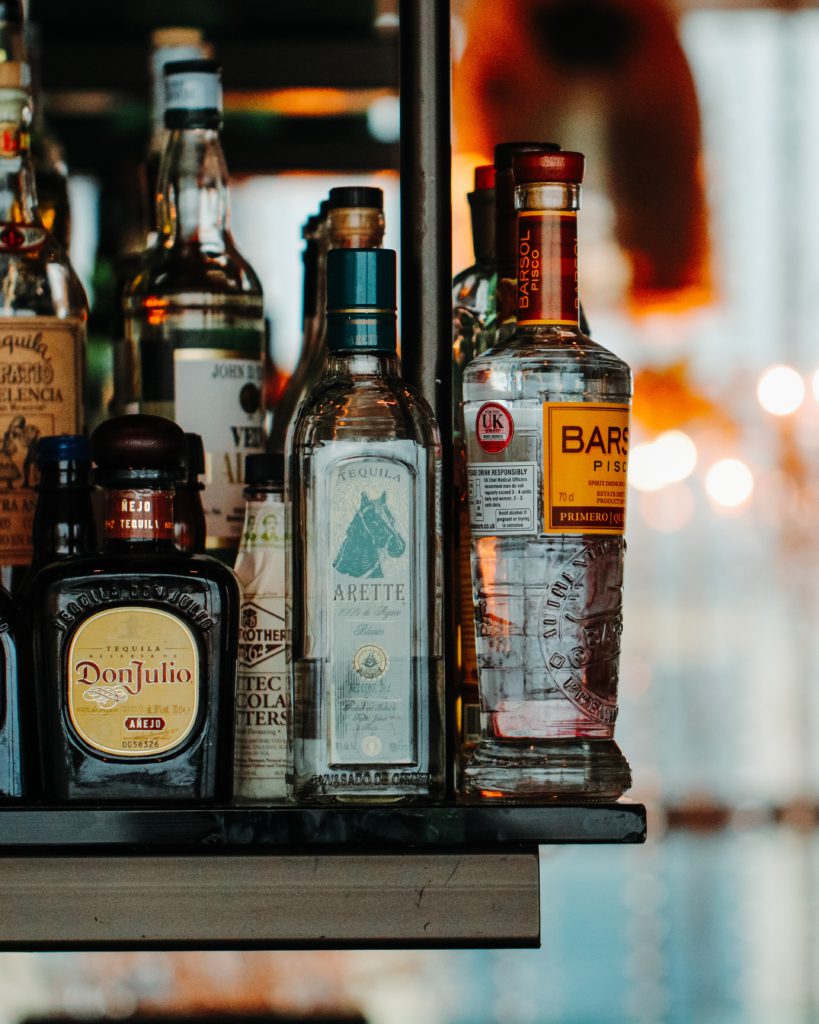Many people can point to specific food triggers that make their GERD worse. The truth is that avoiding certain foods can often help to minimize those uncomfortable symptoms, and even keep the disease itself from worsening. While the most important foods to avoid will vary from person to person, there are quite a few foods that seem to make GERD worse for almost everyone:
Caffeine
Experiencing GERD symptoms after drinking coffee or tea is a common complaint. While the research on this issue isn’t completely clear, it’s best to avoid caffeine if you notice that your daily cup of coffee is impacting your symptoms.
High-Fat or Fried Foods
High-fat and fried foods are thought to relax the muscles at the end of the esophagus, known as the lower esophageal sphincter. This is the muscle that is supposed to keep food in the stomach after eating. When this muscle is relaxed, those stomach contents can escape and cause GERD symptoms.
High-fat foods can include everything from butter and cheese to fast food options like french fries and pizza. Chocolate, too, is considered a high-fat (and caffeinated) food. Unfortunately, even some healthy fats, like avocados, can trigger GERD symptoms.
Mints and Spices
Mint, including peppermint and spearmint, can worsen GERD symptoms. Many people will find this surprising, as mint is frequently recommended to soothe stomach conditions, such as irritable bowel syndrome.
Certain spices, too, can trigger GERD. Pepper, chili powder, garlic, and even too much salt have been reported to cause GERD symptoms.
Alcohol
If you have GERD, try to limit your consumption of alcohol. These beverages are irritating to the esophagus and relax the lower esophageal sphincter. They can also increase your stomach acid, which makes GERD worse.

Carbonated Drinks
Carbonated beverages, like soft drinks or sodas, can cause heartburn and increase symptoms of GERD.
Acidic Fruits and Vegetables
Sadly, even some healthy fruits and vegetables can worsen GERD. Oranges, tomatoes, lemons, grapefruit, and other acidic foods can trigger GERD. When it comes to preventing symptoms, bland is often better.
Controlling GERD Through Food
While there are many foods that can worsen GERD, there are also many foods that can make GERD better. Low-fat and low-sugar foods have been shown to help GERD, as have whole grains and high-fiber foods. Ginger is a soothing choice for people with GERD, as are non-acidic or low-acid fruits like bananas.
Keeping a food diary can help you identify which foods make your GERD symptoms worse. Whenever you experience symptoms, write down the foods that you ate to see if you notice a pattern. Share your results with your doctor for their opinion.



